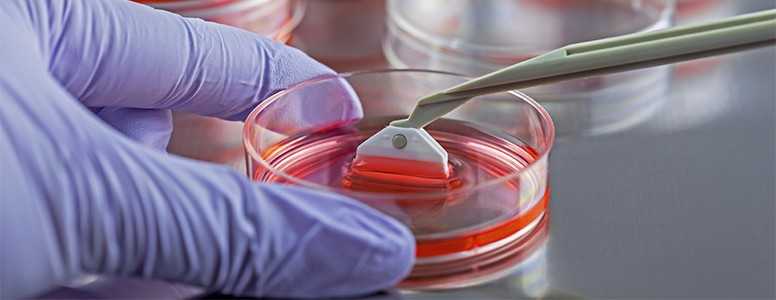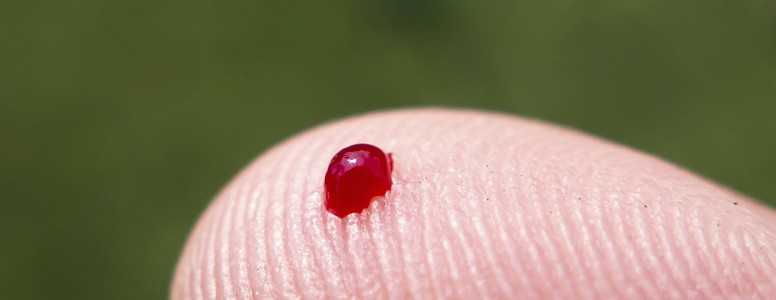Mesoblast Limited, an Australian company, has exclusively licensed patented technology developed at Harvard Medical School which could treat type 1 diabetes.
The technology is known as ex vivo fucosylatio, and involves the modification of mesenchymal lineage adult stem cells (MLCs). This modification involves adding carbohydrate or sugar sequences and helps MLCs bind to endothelial cells lining blood vessels in inflamed tissues.
This modification can help reduce inflammation in the body, and a preclinical study in 2015, published in Stem Cells, found that these stem cells, which possess potent immunomodulatory properties, could induce durable reversal of type 1 diabetes.
This cell targeting technology increased the amount of MLCs that reached the inflamed pancreases of mouse models with type 1 diabetes. A significantly increased number of mice experienced normal blood glucose levels following treatment.
Robert Sackstei, MD, PhD, Professor of Medicine at Harvard Medical School, explained the findings: “The hypothesis was that inflammation that destroys pancreatic islet cells could be controlled by selectively targeting the pancreas with anti-inflammatory mesenchymal lineage cells. The realisation was that this new clinical approach essentially cured mice of type 1 diabetes.”
Another 2015 study, found that Mesoblast;s stem cell treatment candidate, known as MPC-300-IV candidate, could treat type 2 diabetes.
These mesenchymal precursor cells (MPCs) are thought to be able to target the inflammation which leads to the development of type 2 diabetes. By using ex vivo fucosylation on these cells, it could further increase the glucose-lowering properties of MPC-300-IV, and even be used to treat patients with type 1 diabetes.
What's new on the forum? ⭐️
Get our free newsletters
Stay up to date with the latest news, research and breakthroughs.






